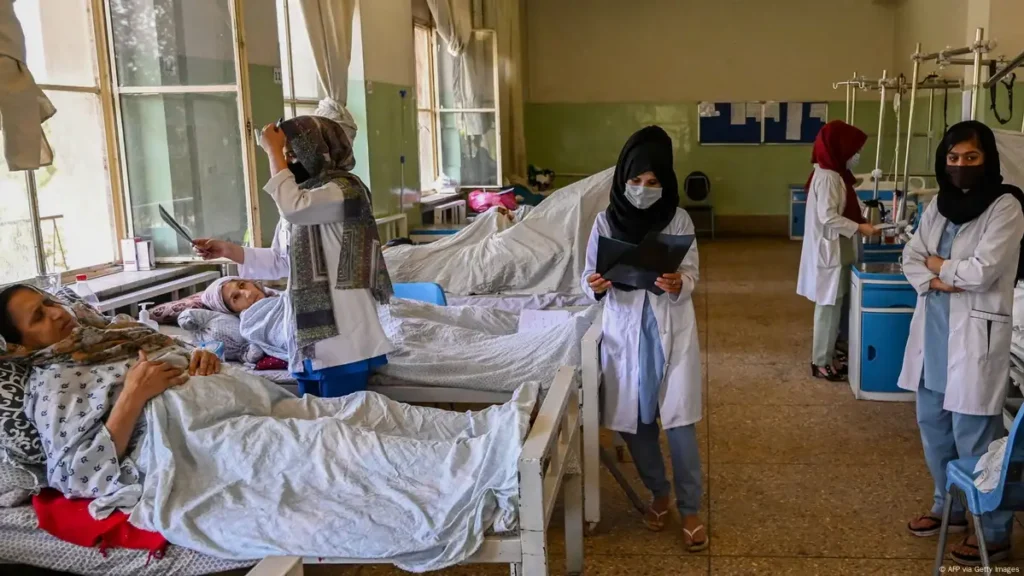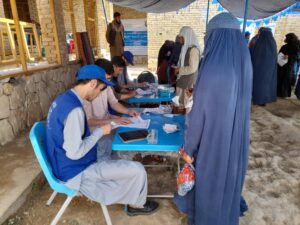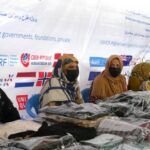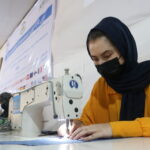The non-governmental organization Emergency, marking the fourth anniversary of the Taliban’s return to power in Afghanistan, has stated that four years after the fall of the republic and the withdrawal of foreign forces, the country’s health crisis is worsening, leaving millions deprived of the most basic medical services.
Emergency reported that the findings of this assessment were collected through interviews with more than 1,600 patients, caregivers, and healthcare staff in 11 provinces, revealing that over 70% of Afghan citizens have no access to free or affordable healthcare.
According to the report, three out of five respondents said they cannot afford treatment costs and often have to borrow money or sell their belongings to receive medical care.
The report further notes that one in four patients have postponed or canceled surgery due to high expenses.
Emergency also warned that the economic collapse, widespread restrictions on women’s work and travel, and shortages of resources are placing unprecedented strain on the country’s healthcare system.
Quoting Dejan Panic, the organization’s country director in Afghanistan, the report says: “Some 22.9 million people — more than half of Afghanistan’s population — are in need of humanitarian assistance. Destroyed infrastructure, sweeping human rights restrictions, and poor access to healthcare have turned Afghanistan into a test of post-war survival.”
Emergency, which has been operating in Afghanistan since 1999, currently runs three surgical centers in Kabul, Lashkargah, and Anabah, a maternity center in Panjshir, and more than 40 first aid posts and primary healthcare facilities across the country.
The report states that half of the patients at the Kabul surgical center are still considered “war-wounded,” including victims of shootings, explosions, landmines, and stabbings.
It adds that 80% of patients at this center suffer from non-conflict-related injuries, mainly road traffic accidents — a figure that has been rising since 2021.
In Anabah, Panjshir, the Taliban’s restrictions on women’s travel and work have caused many female patients to arrive late to hospitals, resulting in some cases in death.
Maternal and neonatal malnutrition is also cited as one of the main causes of mortality and long-term illness in the area.
The report highlights that in the current year, 75% of landmine victims in Afghanistan have been children, most injured while playing in contaminated areas. Additionally, 20% of children hospitalized at Emergency’s Anabah facilities suffer from severe acute malnutrition, increasing the risk of death, recurrent infections, and growth problems.













